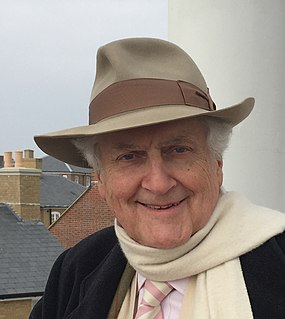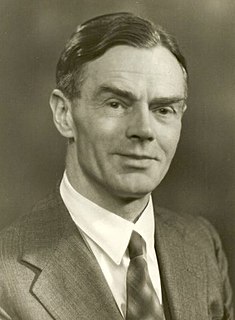A Quote by Paul Verhoeven
Jesus was a human being, bound by history and the natural world; an extraordinary man, to be sure, but still a man.
Quote Topics
Related Quotes
Faith is this extraordinary principle which links man to God; faith is this thing that keeps a man from hell and puts him in heaven; it is the connection between this world and the world to come; faith is this mystic astounding thing that can take a man dead in trespasses and sins and make him live as a new being, a new man in Christ Jesus.
One of the commonest causes of failure in Christian life is found in the attempt to follow some good man whom we greatly admire. No man and no woman, no matter how good, can be safely followed. If we follow any man or woman, we are bound to go astray. There has been but one absolutely perfect Man on this earth-the Man Christ Jesus. If we try to follow any other man we are surer to imitate his faults than his excellencies. Look to Jesus and Jesus only as your Guide.
The unique impression of Jesus upon mankind - whose name is not so much written as ploughed into the history of the world - is proof of the subtle virtue of this infusion. Jesus belonged to the race of prophets. He saw with open eyes the mystery of the soul. One man was true to what is in you and me. He, as I think, is the only soul in history who has appreciated the worth of man.
Yet man does recognise himself [as an animal]. But I ask you and the whole world for a generic differentia between man and ape which conforms to the principles of natural history, I certainly know of none... If I were to call man ape or vice versa, I should bring down all the theologians on my head. But perhaps I should still do it according to the rules of science.
Man wants to see nature and evolution as separate from human activities. There is a natural world, and there is man. But man also belongs to the natural world. If he is a ferocious predator, that too is part of evolution. If cod and haddock and other species cannot survive because man kills them, something more adaptable will take their place. Nature, the ultimate pragmatist, doggedly searches for something that works. But as the cockroach demonstrates, what works best in nature does not always appeal to us.
Why so many mentions regarding Jesus from such a wide variety of sources (Pliny, Tacitus, Lucian, Josephus, to name a few)? Because Jesus of Nazareth was a man of history, who made a profound impact on history. There's no good reason to doubt that Jesus existed, or to think the real Jesus was completely different from the one depicted in the Story.
By contrast with history, evolution is an unconscious process. Another, and perhaps a better way of putting it would be to say that evolution is a natural process, history a human one.... Insofar as we treat man as a part of nature--for instance in a biological survey of evolution--we are precisely not treating him as a historical being. As a historically developing being, he is set over against nature, both as a knower and as a doer.





































